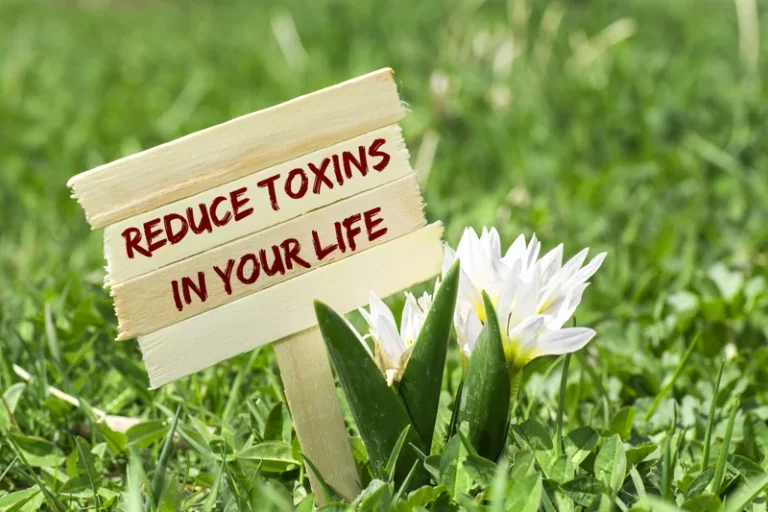
Sometimes, an alcoholic family member won’t get help willingly, adding an extra layer of complexity to the situation. It’s about finding the delicate balance between offering support and maintaining one’s own well-being. While the desire to help a family member on the road to recovery is natural, it’s equally important to recognize the limitations. Understanding the meaning of healthy boundaries is like building a sturdy vessel to navigate the stormy seas of a loved one’s addiction. There are no meal plans that major scientific or medical organizations specifically recommend. Nutritionists, however, can provide detailed, personalized meal plans for those recovering from alcoholism to help them meet their nutritional goals and optimize their recovery.
- Some people may also drink excessively while eating very little, which leads to multiple nutrient deficiencies that are tough to correct.
- Certain health problems like heart disease can impact how much water you can safely drink.
- If this is you, don’t stress too much—what you’re experiencing is normal.
Sugary Food and Drinks
Currently focused on advocating, educating and developing projects leveraging evidence based, real time technology to support individuals in recovery. Business professional in the Addiction Recovery and Mental Health industry for the past 26 years. Glycine is also used to create protein, helping you replenish your ability to strengthen your muscles. Most meats contain adequate levels of glycine, but it can also be found as a powder for supplementation. Adequate glycine levels can help you can feel fuller, stronger, and more nourished.

Proper Treatment for Alcohol Abuse and Mood Swings
The addiction experts at our drug rehab in Sebring share expert tips on nutrition for recovering alcoholics, outlining the dietary considerations that can aid in recovery from alcoholism. By understanding the intricate relationship between alcoholism and nutrition, we aim to provide evidence-based insights to support individuals in their path to sobriety. Embarking on an alcohol recovery journey is a significant step that requires not only personal commitment but also professional guidance and support. They understand the complexities of nutritional deficiencies common in those recovering from alcoholism and can develop meal plans that address these issues. Professional guidance and support are indispensable in the alcohol recovery diet. At Sober Life, we offer a comprehensive approach to alcohol addiction treatment, recognizing the importance of family involvement and ongoing support in this journey toward a brighter, sober future.

Importance of Balanced Nutrition in Recovery

Hemoglobin helps your red blood cells carry oxygen to your body’s organs and tissues, then transports carbon dioxide from those organs and tissues back to your lungs. And just like vitamin B and zinc, alcohol affects how the body absorbs iron from food, causing an imbalance when you first stop drinking. https://ecosoberhouse.com/ Alcohol consumption often leads to a vitamin B deficiency because your body cannot properly absorb vitamin B when there is alcohol in your system. Even moderate amounts of alcohol can severely reduce the rate of vitamin B absorption, so it’s beneficial to boost vitamin B levels after you stop drinking.
What foods help you get sober?
You’ll probably need lots of small, healthy meals throughout the day. Switch up your meals by eating a range of foods from the groups you need. After stopping stimulants, it’s common to experience a strong spike in appetite — which may lead to overeating — that can overwhelm the weakened digestive alcohol recovery diet system. A treatment program that pays close attention to nutrition for recovering addicts will create a meal plan with appropriate portions that will allow a healthy reintroduction of healthful food into the body. People who abuse alcohol typically do not pay attention to nutrition.
- Sugar can also provide a dopamine release, which can feel especially satisfying for someone already craving the dopamine burst alcohol provides.
- If someone gets upset at work, they don’t have to bottle up their anger; they can express themselves freely and safely.
- Salmon is one of the foods with the highest concentrations of vitamin B and also one of the tastiest.

Engaging with a nutritionist or dietitian can be beneficial in creating a personalized nutrition plan that supports long-term recovery and well-being. Chronic alcohol consumption can significantly impair the body’s ability to absorb and utilize essential nutrients, leading to notable vitamin deficiencies. These deficiencies can contribute to a range of health issues that complicate recovery from alcohol dependency. Because excessive alcohol use can lead to protein deficiency, it’s great to add low-fat proteins into your recovery diet. Protein is essential for the brain and heart and serves as the building blocks for all the body’s muscles.
- For instance, the production and use of serotonin, a neurotransmitter that regulates mood, is thought to be promoted by tryptophan and vitamin D, which play a role in serotonin’s synthesis and activation.
- Chronic alcohol use can cause nutrient deficiencies, and fruits and vegetables are one of the best ways to restore these imbalances.
- Balancing your protein intake with other nutrients is important for a balanced diet during recovery.
- If you’ve been sober for a while, it doesn’t mean that you won’t slip up again.
- As a group, they are able to speak about painful emotions and underlying issues in s safe, guided environment.
- While the body can withstand malnutrition for weeks, if not longer, dehydration quickly becomes a matter of life or death.
If you’re experiencing withdrawal symptoms, maintaining a healthy diet can help your body rehydrate, build back its strength, and restore the nutrients that may have become depleted due to alcohol use. Let’s go over which specific types of foods are best to incorporate. This question epitomizes the delicate balance between acknowledging past struggles and contemplating a future where alcohol doesn’t wield the same destructive power.
Alcohol’s Detrimental Effects on Nutritional Health
Dual diagnosis treatment programs for substance abuse and eating disorders focus on addressing both conditions and their common roots, rather than trying to treat one after the other. These programs are unique to the individual and the complex interplay between the conditions but typically involve individual and group therapy designed to heal the patient from both sides. Up to 50% of people with an eating disorder abuse drugs or alcohol, which is five times the rate of the general population. Additionally, up to 35% of people who have abused drugs or been addicted also struggle with an eating disorder. That’s a rate 11 times higher than that found in the general population.
The 4 Stages of Alcohol Recovery: A Path to Healing
Junk foods’ tendency to make you feel depressed or sluggish can also affect your mental state in addition to bodily organs like the heart and liver. But, alcoholism is also responsible for a lack of other essential vitamins such as vitamins A, D, and E. Lack of vitamin D can cause the body to have difficulty absorbing calcium. In general, anyone looking to maintain proper nutrition should focus on whole foods like fruits, vegetables, grains, beans, nuts, and low-fat meats. This is especially important for someone looking to rebuild their immune system and overall health.

Αφήστε μια απάντηση